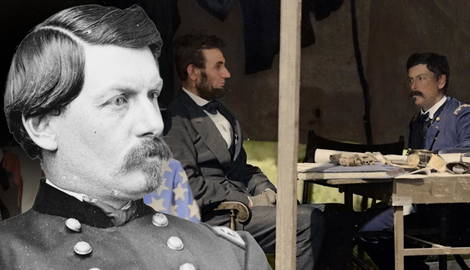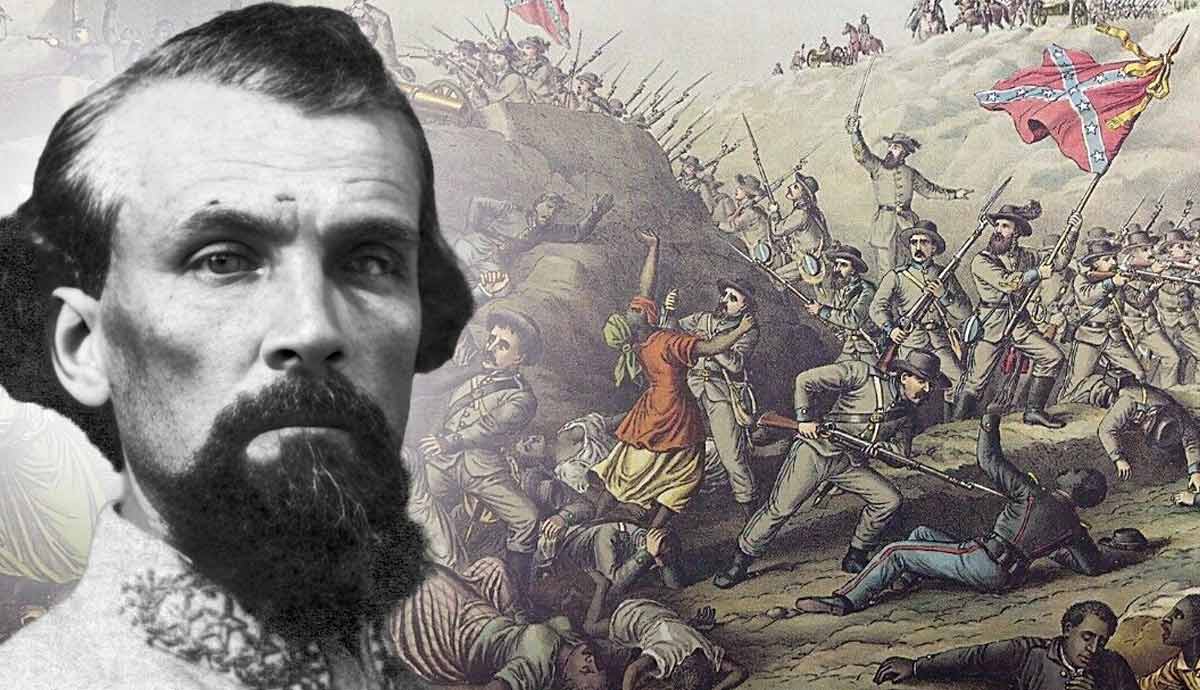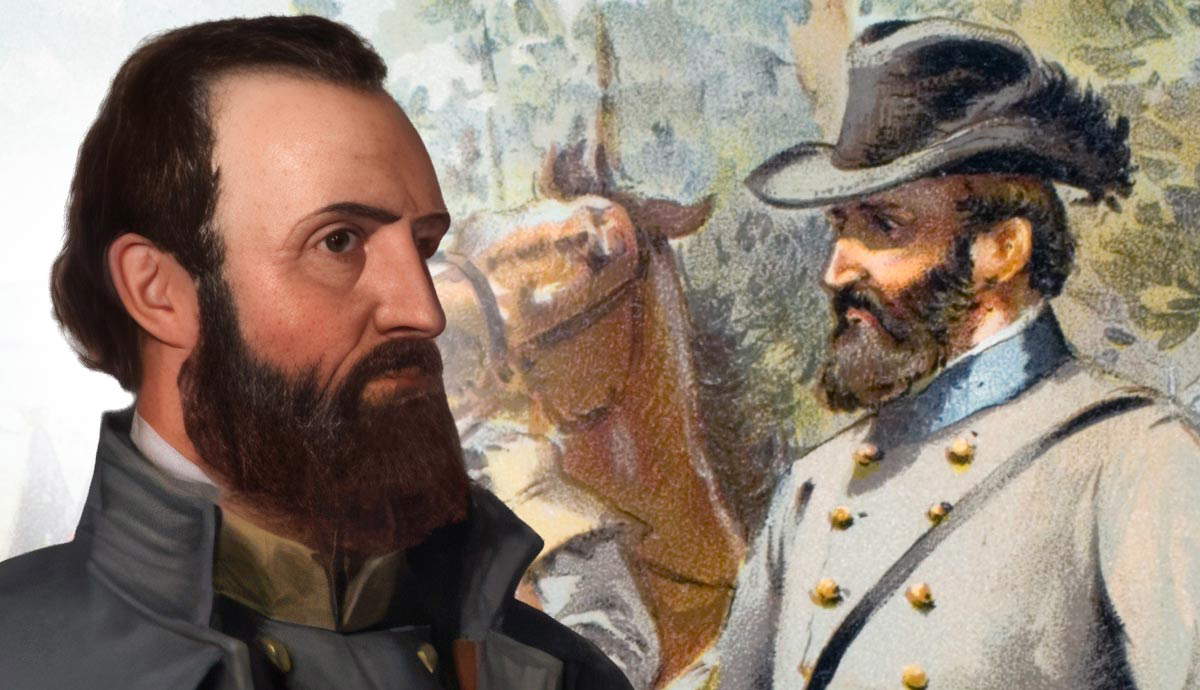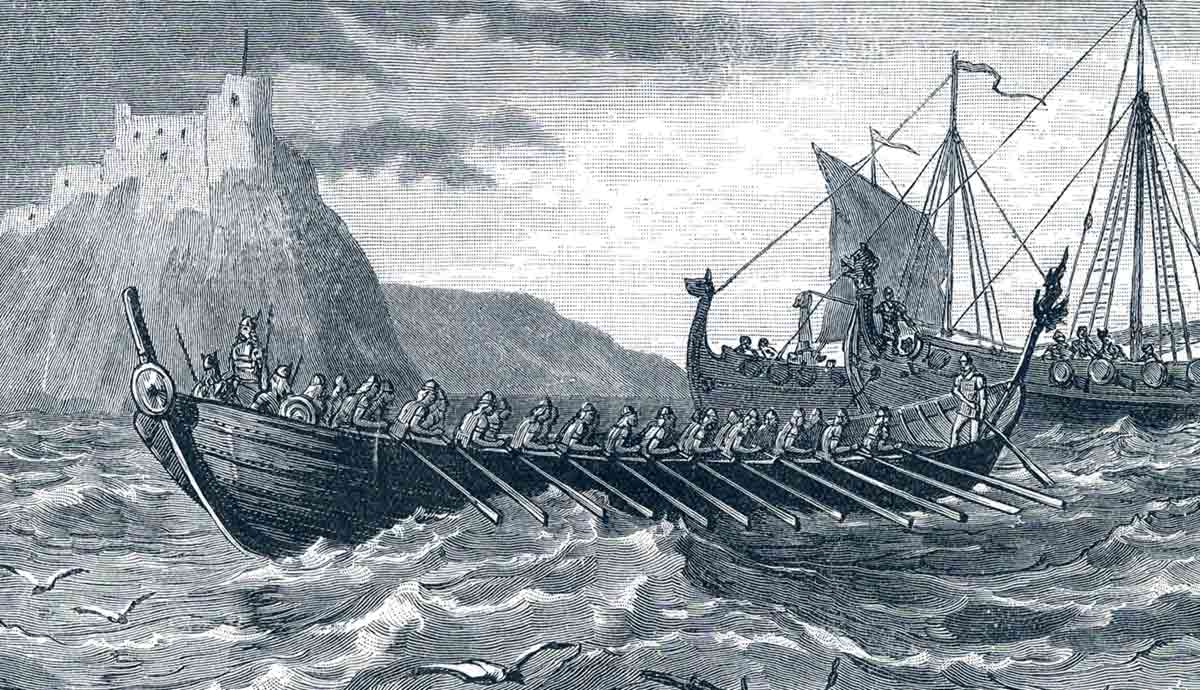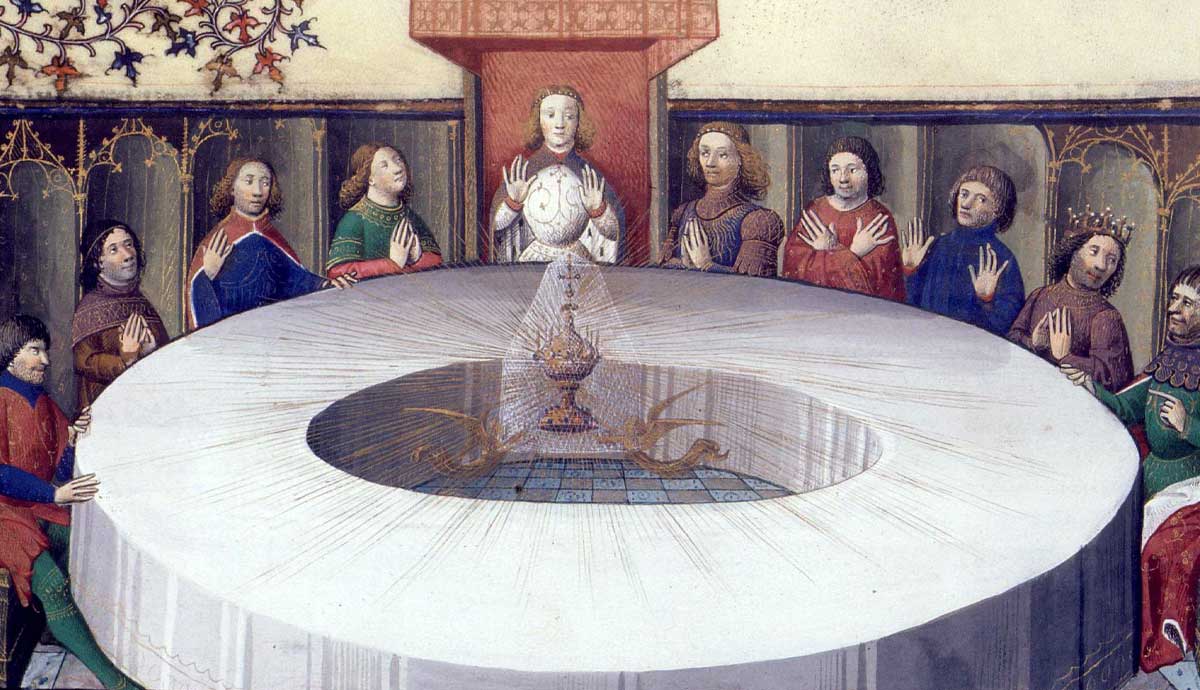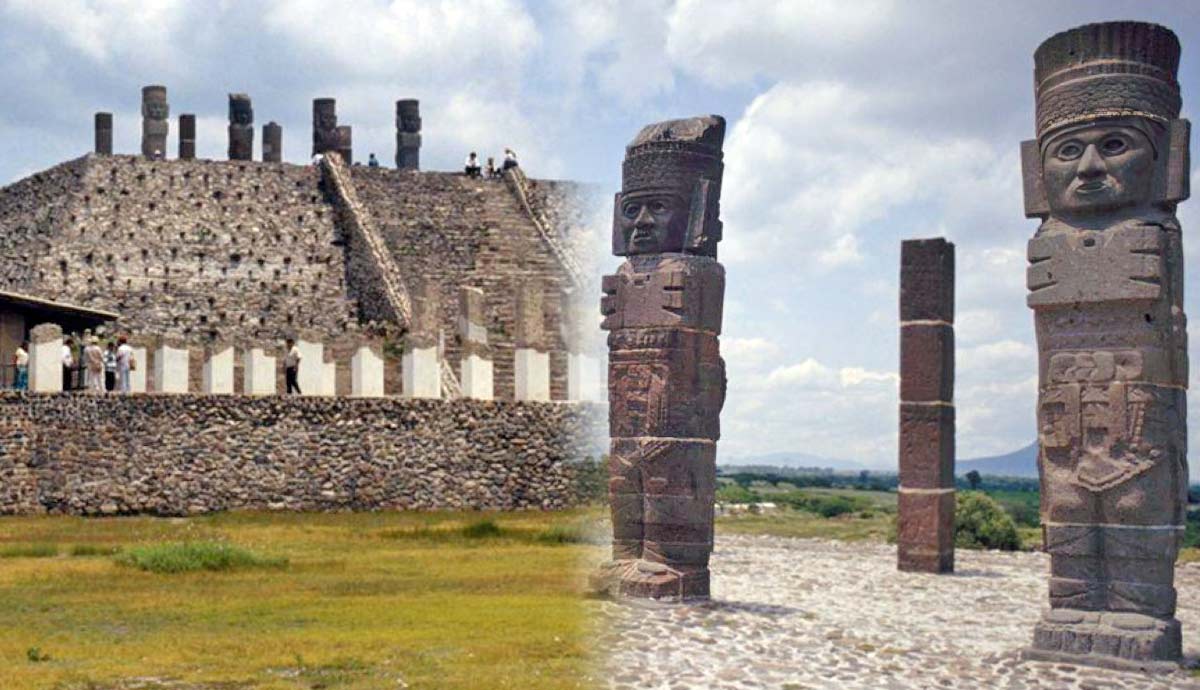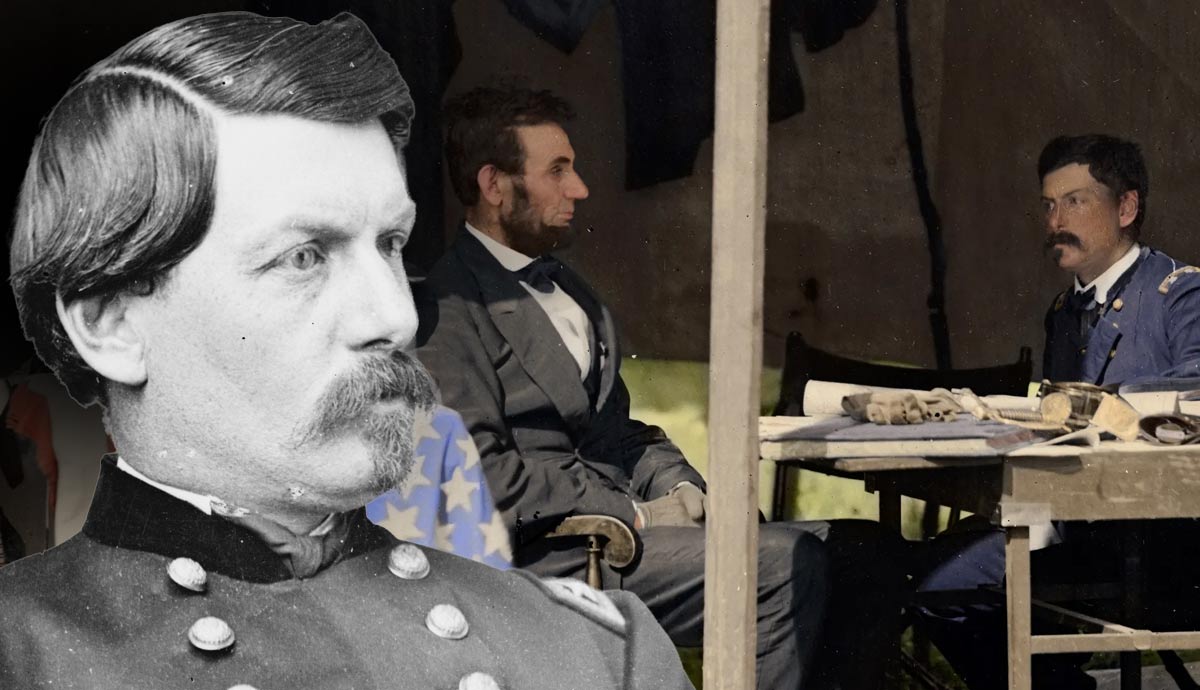
George McClellan was one of the most controversial generals of the American Civil War. Known for organizing the Army of the Potomac, McClellan earned praise from superiors for his ability to instill discipline within his men. However, his cautious approach on the battlefield led to missed chances to end the war during the early years. Despite being removed from command, McClellan remained a major figure in American politics, even running for president in 1864, against Abraham Lincoln. Today, he is often remembered for his failures rather than his successes.
Early Life

George B. McClellan was born in 1826 in Philadelphia, Pennsylvania. He showed at an early age a possibility for an impressive life. At just 15 years old, he enrolled at the United States Military Academy at West Point, receiving an admissions waiver as the Academy required students to be 17. McClellan graduated second in his class of 59 cadets in 1846. He was just 19 years old at the time.
Soon after, he served in the Mexican-American War under generals like Winfield Scott and learned the importance of a well-disciplined army, tactics he would use later in training the Army of the Potomac. The young McClellan displayed signs of defiance during this time period that would affect his relationships later on. He often clashed with superior officers with whom he disagreed. His personal journals showcase a man who took issue with orders. After the war, McClellan worked as an engineer and observer in Europe, where he studied military tactics, especially those used in the Crimean War.

When the Civil War broke out in 1861, the Union lacked officers with battlefield experience, allowing McClellan to quickly rise through the ranks. He was first sent to secure western Virginia (modern-day West Virginia), as the territory had seceded from the Confederacy, and earned early victories during small engagements, which made him a rising star at a time when Lincoln was struggling with locating a general to end the southern rebellion.
It was due to these early successes that President Lincoln gave McClellan command of the Army of the Potomac, one of the most powerful and important armies in the Union. McClellan relentlessly drilled his army. Historians have often noted that the later successes of the Army of the Potomac were due in part to McClellan’s efforts early in the war. While he had a sound military mind, his strengths on the training ground did not correlate to successes where it mattered most: the battlefield.
A Master of Organization, Not War

McClellan’s greatest strength was his ability to organize. When he took over the Army of the Potomac, the Union forces were in chaos after the disaster at Bull Run. In the weeks following the battle, Washington was flooded with sick and injured soldiers. Those who were not struggling with various ailments lacked any sense of military discipline.
McClellan turned them into a well-trained and disciplined force. He improved sanitation, morale, and ensured every soldier had the proper military equipment. His men were better fed, better equipped, and more confident under his leadership. But when it came time to fight, McClellan often held back. He consistently overestimated the size of the Confederate forces, believing he was always outnumbered, despite an overwhelming amount of reports that said otherwise. His unwillingness to attack the enemy would lead to his downfall.
Loved by His Men, Hated by Lincoln

McClellan’s popularity with his soldiers could not save his career. To the men, he was a savior as he provided better food, better uniforms, and better training, which made army life a bit more bearable. Many troops called him “Little Mac” or “the Young Napoleon” due to his young age and his ability to organize, train, and outfit an army. He gave the Army of the Potomac a sense of pride and professionalism. But, behind the scenes, his relationship with Lincoln was tense. McClellan often ignored Lincoln’s letters and rarely acted with urgency.
One evening, after repeated ignored letters, Lincoln went to McClellan’s home in Washington. McClellan’s butler informed the president of McClellan’s absence. Lincoln waited, but when McClellan returned, he retired upstairs without meeting the commander-in-chief.
Lincoln grew increasingly frustrated with McClellan’s fanatical overestimation of Confederate forces and his sense of superiority in his private life, famously saying, “If General McClellan does not want to use the army, I would like to borrow it for a time.” The two had vastly different approaches. Lincoln wanted results. McClellan wanted perfection.
The Peninsula Campaign: McClellan’s Blunder

In 1862, after pressure from Lincoln, McClellan launched what is now known as the Peninsula Campaign, a massive operation meant to capture the Confederate capital of Richmond, Virginia, and end the war. McClellan moved his army by boat down the Chesapeake Bay and planned to approach Richmond from the southeast. On paper, it looked like a genius move. But once the campaign got going, McClellan once again hesitated
As with previous engagements, McClellan believed Confederate forces were larger than they actually were, despite a number of reports. Confederate General Robert E. Lee took advantage of this hesitation and launched a counterattack, which became known as the Seven Days Battles. McClellan’s army was forced to retreat, and the war would continue on with no end in sight.
Though McClellan still had a large, well-trained army, he had lost Lincoln’s confidence. The failure of the Peninsula Campaign marked the beginning of the end of his time in command as the Union armies in the east continued to suffer defeat.
Victory at Antietam

McClellan’s most famous battle came at Antietam in September 1862. The Union army in the east was desperate for a victory. Lincoln was poised to issue the Emancipation Proclamation, an executive order that freed all slaves in the rebellious Confederate States. However, Lincoln needed a battlefield victory before issuing the proclamation. Antietam would give just that, but it would come at a cost. Antietam was the bloodiest single day in American history, with over 22,000 soldiers killed, wounded, or missing.
Before the battle, Union soldiers discovered a copy of General Lee’s battle plans wrapped around some cigars. McClellan knew exactly where Lee’s army would be, but feared that the plans were a trap, meant to lure him into a situation which would decimate his army. McClellan moved with caution, taking 18 hours to act.
Eventually, the Union Army would force a major victory. However, many felt McClellan had let another opportunity slip through his fingers. He had more men, more supplies, and more information, but did not choose to pursue Lee’s Army. After the battle, Lincoln visited McClellan in person to urge him to continue forward. McClellan didn’t budge. This would prove to be the final calamitous blow as a few weeks later, McClellan was removed from command once and for all.
Presidential Election of 1864

Even though he had been fired from command, McClellan wasn’t done with public life. In 1864, the Democratic Party nominated him to run against Abraham Lincoln in the presidential election.
McClellan’s platform was complicated; he personally wanted to continue the war and restore the Union, but the Democratic Party wanted peace with the Confederacy. This made his campaign confusing to many voters.
At first, McClellan had a shot at winning. The war was dragging on, casualties were high, and many in the North were tired of fighting. This war of attrition had become the Confederate battle plan: withstand the Northern will to fight. However, after a series of Union victories late in 1864—including General Sherman’s capture of Atlanta—Lincoln’s popularity surged. McClellan lost in a landslide.
Governor of New Jersey

After losing the 1864 presidential election, McClellan retired to private life. But in 1877, he made a quiet comeback. That year, he was elected Governor of New Jersey. He served one term from 1878 to 1881.
As governor, McClellan stayed out of the spotlight and focused on administrative duties rather than fame. He supported public education, backed improvements to infrastructure, and kept taxes low. Age appeared to tamper with his fire. Unlike his days as a general, where he often clashed with leadership no matter his position, McClellan kept a steady hand as governor and left office without much controversy.
Legacy

George McClellan is one of the most complicated figures of the Civil War. He was a brilliant organizer who took a broken army after the defeat at Bull Run and made it into a formidable force. However, his constant delays, refusal to take risks, and a lack of respect for authority meant missed chances that could have ended the war sooner.
Historians still argue about what McClellan could have accomplished if he had been more aggressive. Some say he was too careful. Others believe he lacked confidence. Either way, his story is a reminder that leadership is about more than preparation—it is about knowing when to act.
